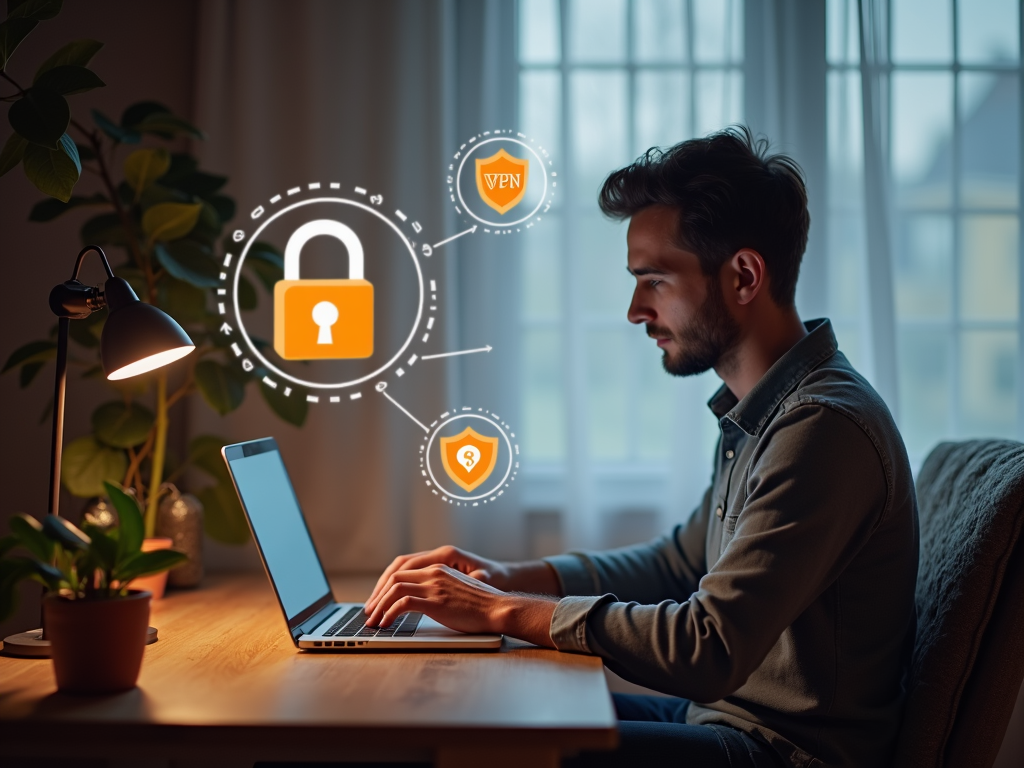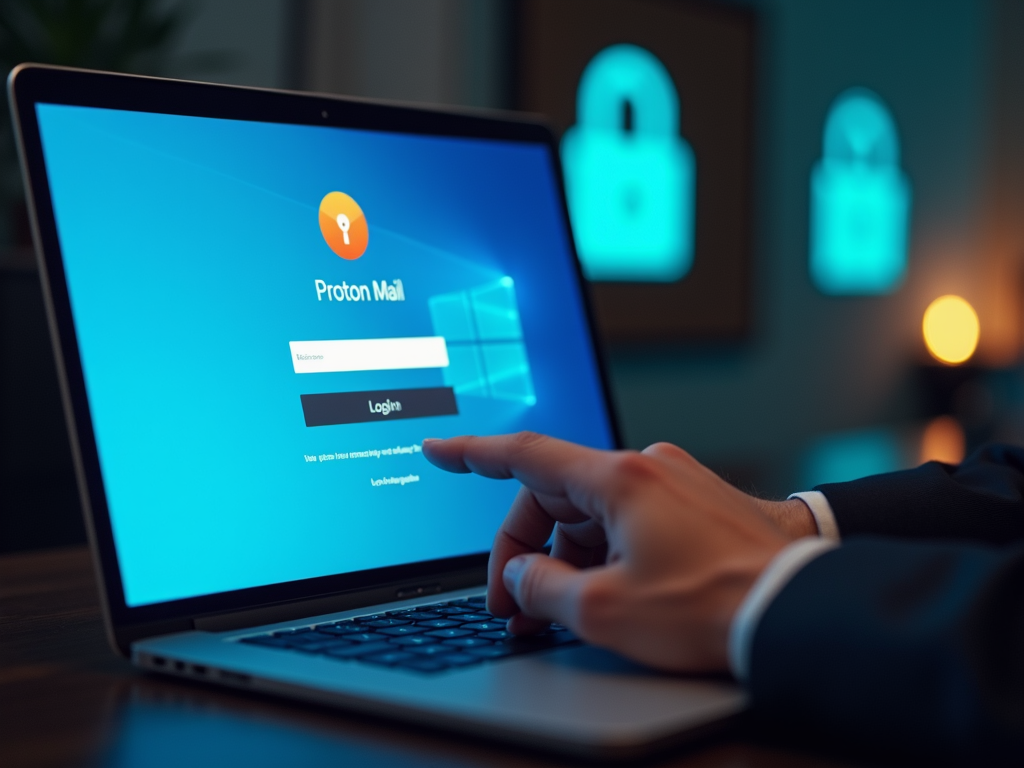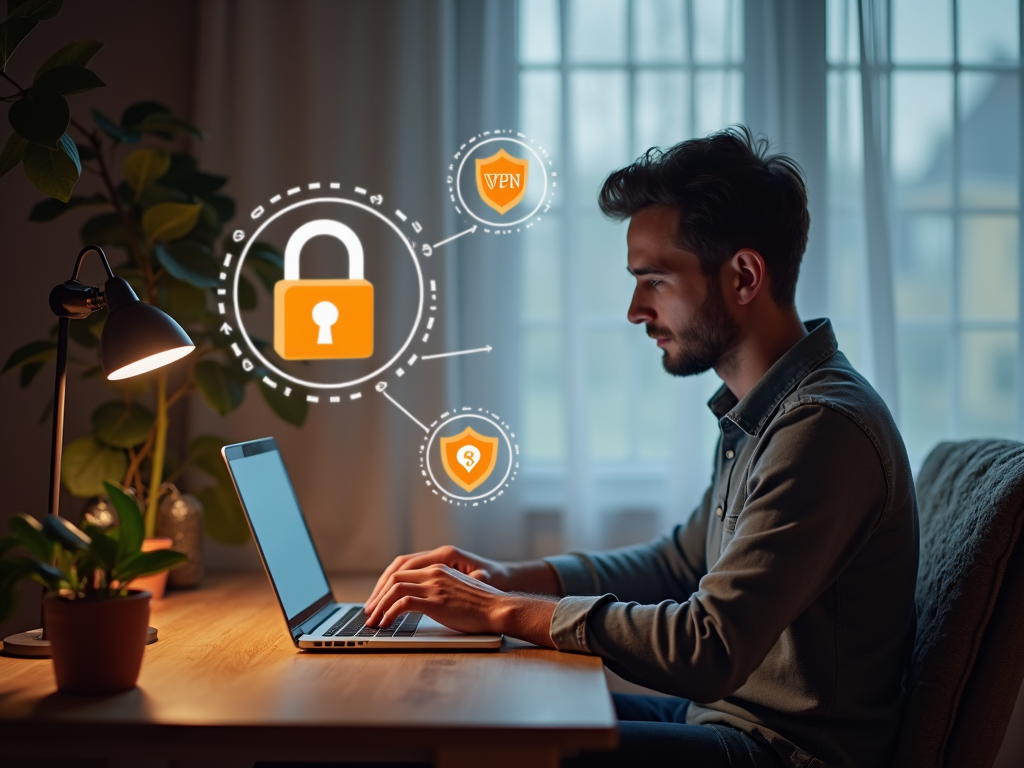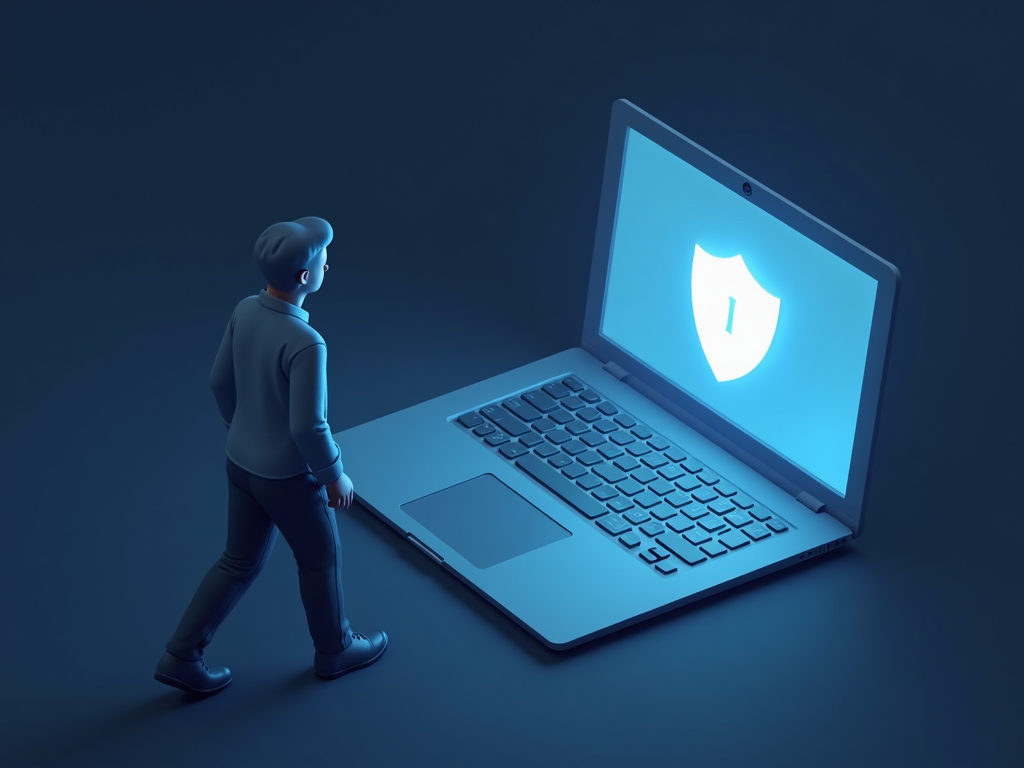The Ultimate Guide to Online Privacy: Protect Your Digital Life
Your online privacy matters. In a world of data breaches and constant tracking, securing your digital life is a must. This guide covers everything you need to know about online privacy, from simple steps to advanced tools like Proton Mail. Get ready to take control of your personal information.
What Is Online Privacy and Why Should You Care?
Online privacy is about keeping your personal data—like your emails, browsing habits, and financial details—safe from unwanted eyes. It’s your right to decide who sees your information and how it’s used.
Today, threats are everywhere. Hackers steal data. Companies track your every click. Even governments watch what you do online. Without protection, you risk identity theft, financial loss, or just feeling creeped out by ads that know too much about you.
This guide, The Ultimate Guide to Online Privacy, will show you how to fight back. You’ll learn practical ways to stay safe and tools to make it easy.

Top Online Privacy Tools You Need
Good tools are your first line of defense. Here’s a list of must-haves to protect your online privacy:
- VPN (Virtual Private Network): Hides your location and encrypts your internet. Try NordVPN or ProtonVPN.
- Secure Browser: Blocks trackers and ads. Brave or Firefox are solid picks.
- Password Manager: Keeps your passwords strong and safe. I like 1Password.
- Encrypted Messaging: Apps like Signal keep your chats private.
- Proton Mail: A secure email option we’ll dive into soon.
These online privacy tools are easy to use and make a big difference. Pick one to start with, and build from there.
Proton Mail Setup Guide for Beginners
Email is a weak spot for many. Regular providers like Gmail often scan your messages. Proton Mail doesn’t—it encrypts everything so only you and the recipient can read it. Here’s how to set it up:
- Sign Up: Go to Proton Mail’s site. Pick the free plan if you’re just starting.
- Create Your Account: Choose a username and a strong password. Write it down somewhere safe.
- Verify: Prove you’re not a bot with a quick check.
- Add Security: Turn on two-factor authentication in Settings > Security. Use an app like Authy.
- Send Your First Email: Hit 'New Message' and try it out. It’s that simple.
I switched to Proton Mail a year ago. It feels good knowing my emails stay private. This Proton Mail setup guide for beginners will get you going fast.

More Ways to Boost Your Online Privacy
Tools are great, but habits matter too. Here are extra steps to lock things down:
| Action | Why It Helps |
|---|---|
| Use DuckDuckGo | No tracking on your searches |
| Update Software | Fixes security holes |
| Limit Social Media | Less data for companies to grab |
| Check App Permissions | Stops apps from overreaching |
I’ve cut back on social media myself. It’s surprising how much less spam I get now. Small changes add up.
My Take on Staying Private Online
I’ve been digging into online privacy for a while. Here’s what I’ve learned:
- Ease In: Don’t try everything at once. I started with a VPN and felt safer right away.
- Stay Curious: Read up on new threats. Sites like EFF.org are goldmines.
- Trust Your Gut: If an app asks for too much info, skip it. I ditched a sketchy weather app last month.
Privacy isn’t just tech—it’s a mindset. You’ve got to care enough to act.

Common Privacy Mistakes to Avoid
Even with the best tools, slip-ups happen. Watch out for these:
- Reusing Passwords: One breach, and everything’s at risk.
- Public Wi-Fi: It’s a hacker’s playground—use a VPN.
- Over-Sharing: That quiz about your first pet? It’s a trap.
I learned the Wi-Fi lesson the hard way. A coffee shop connection once got me a weird login alert. Now, I never skip my VPN.
Wrapping Up: Your Path to Online Privacy
You’ve got the tools and know-how to protect your online privacy now. Start with something simple, like Proton Mail, and keep building. It’s not about perfection—it’s about taking charge. Stay smart, stay safe, and enjoy the internet on your terms.
Want to dig deeper? Check out these recommended reads: - 'Best Privacy Tools for Beginners' - 'Why VPNs Are a Game-Changer' - 'Social Media Privacy Tips'
